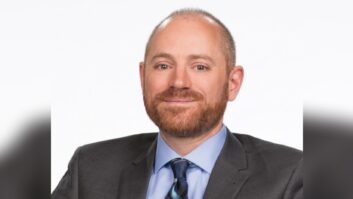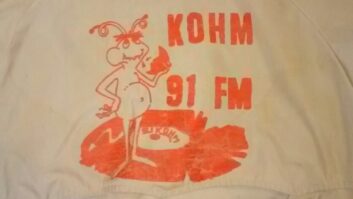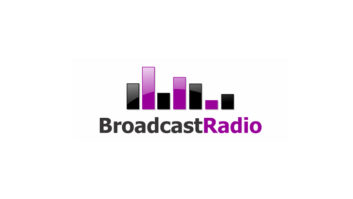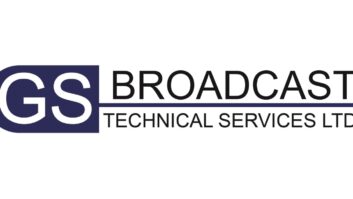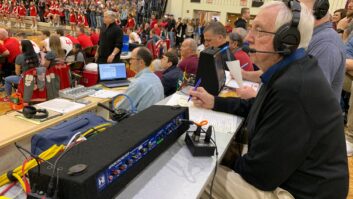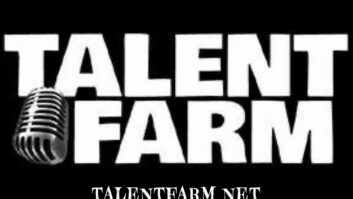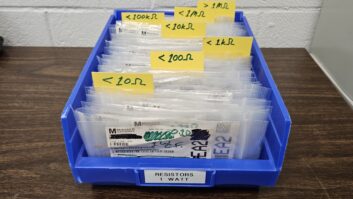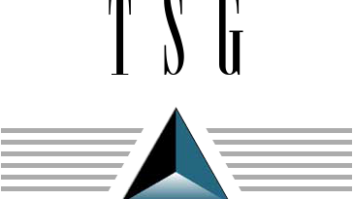Washington, D.C., NPR affiliate and American University licensee WAMU(FM) recently announced a new podcast development program. Dubbed The Pod Shop, the initiative is open to applicants from DC, Maryland and Virginia residents, which will be accepted through July 6. Radio World’s Emily Reigart reached out to The Pod Shop’s program coordinator, Melody Rowell, to learn more about the new program and WAMU’s podcast plans.

Radio World: Why podcasts? You’re a public radio station that also now owns recently relaunched local news site DCIst. Is there any concern that you’re stretching too thin?
Melody Rowell: We are always trying to figure out how to better serve our community and our listeners. We know there are talented podcasters and other creatives in DC, but it’s not as cohesive a community as in places like New York or LA. Our mission is to connect Washingtonians with each other and the world, and we see this as an opportunity to fulfill that mission through audio. We want to help ideas from this region become more prominent in the burgeoning world of audio, and we see this is an initial step in that direction.
While The Pod Shop and DCist are launching around the same time, they’re being run by different teams, and there’s not much overlap.
RW: What was the inspiration for this development program?
Rowell: So many organizations are doing great work with training and developing producers. We studied the WNYC Podcast Accelerator, the Transom Story Workshop, and the Spotify Bootcamp, among others, to figure out how we could combine in-depth training, development of original content, and funding for creative projects.
RW: What do you envision happening at the twice-weekly Pod Shop cohort meetings?
Rowell: Sessions will have varying combinations of training and workshopping, with WAMU staff and local podcasting talent serving as mentors and instructors.
RW: Is The Pod Shop modeled after any existing training programs, or have you taken cues from other podcast groups, for example PRX’s Podcast Garage?
Rowell: So many organizations are doing great work with training and developing producers. We’ve gotten great advice from Kerry Donahue with PRX. We studied the WNYC Podcast Accelerator, the Transom Story Workshop, and the Spotify Bootcamp, among others. But The Pod Shop is different because we’re combining in-depth training, development of original content, and funding for creative projects. And we have no requirements for prior experience with audio.
RW: According to The Pod Shop page, selected projects “will receive a $2,500 funding award” to cover production costs. What’s the source of this funding, and what do you think the money will be spent on (equipment like mics and recorders, software or something else)?
Rowell: While we do have one major donor, this initial iteration of The Pod Shop is coming out of WAMU’s operating budget. Producers can spend their funding award on whatever they need to in order to succeed, whether that’s equipment or travel.
RW: The website says applications will be evaluated by an “advisory committee of WAMU employees in different areas of the station.” Will these same committee members be involved beyond the initial phase, and if yes, can you tell us who they are or what functions are at the station?
Rowell: This group features staff members who work in various content departments — the newsroom, “1A” and “The Kojo Nnamdi Show.” They will continue to be involved throughout the project, as will other staff members who have volunteered to share their expertise during the sessions.
RW: Where will listeners find the The Pod Shop podcast feed — NPR One, iTunes? Will they have to wait until after the program wraps up in November, or will the episodes be released gradually?
Rowell: The Pod Shop podcast feed will be available across all podcast apps. The pilots will not be shared until the conclusion of the program in the fall, but we may use excerpts as on-air promotion for the podcast feed.
RW: The website describe The Pod Shop as a pilot program. What would make the initiative a success in WAMU’s eyes?
Rowell: It would be a huge success if we came away with meaningful connections with talented local podcast producers (or aspiring podcast producers). Another indicator of success would be if all the selected producers or production teams end the program with a podcast pilot they’re really proud of. If their show gets picked up for development, either by us or another outlet, that’s a cherry on top!
RW: Anything else you think readers should know?
Rowell: Readers should know that we believe the Washington region is a wildly creative place, full of people with big dreams and big ideas. We want to help harness to the potential for those dreamers to share their ideas in the podcasting space.





